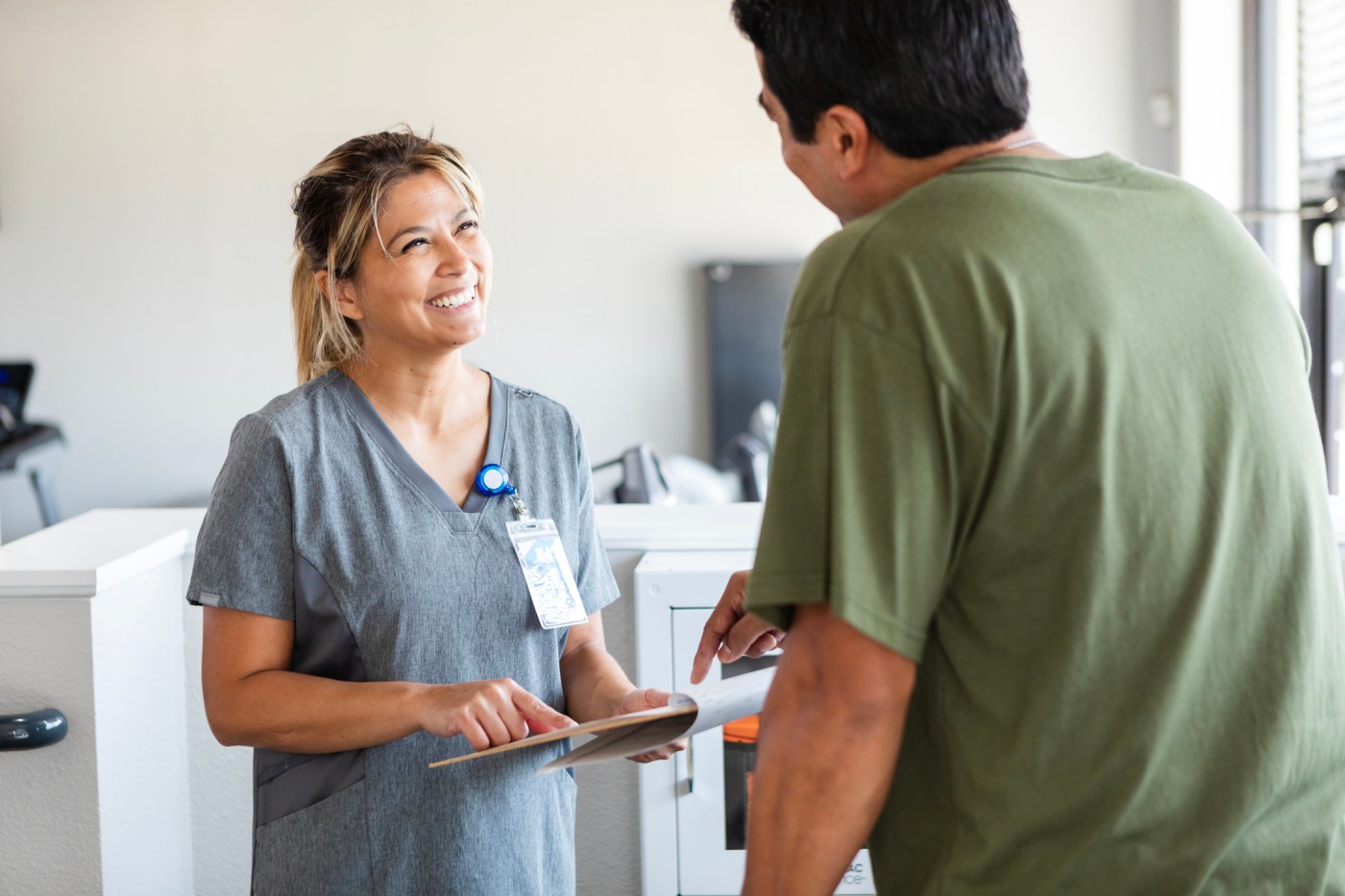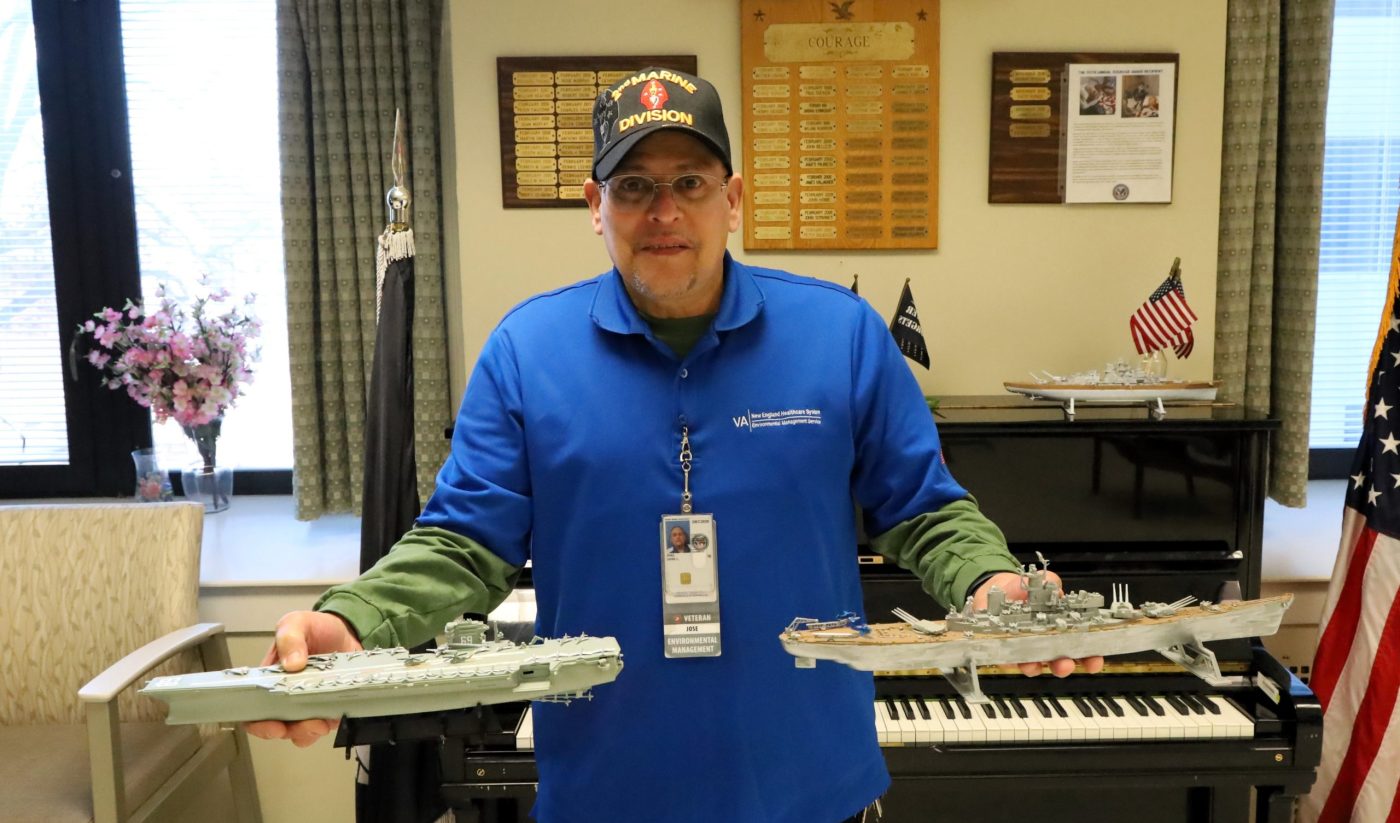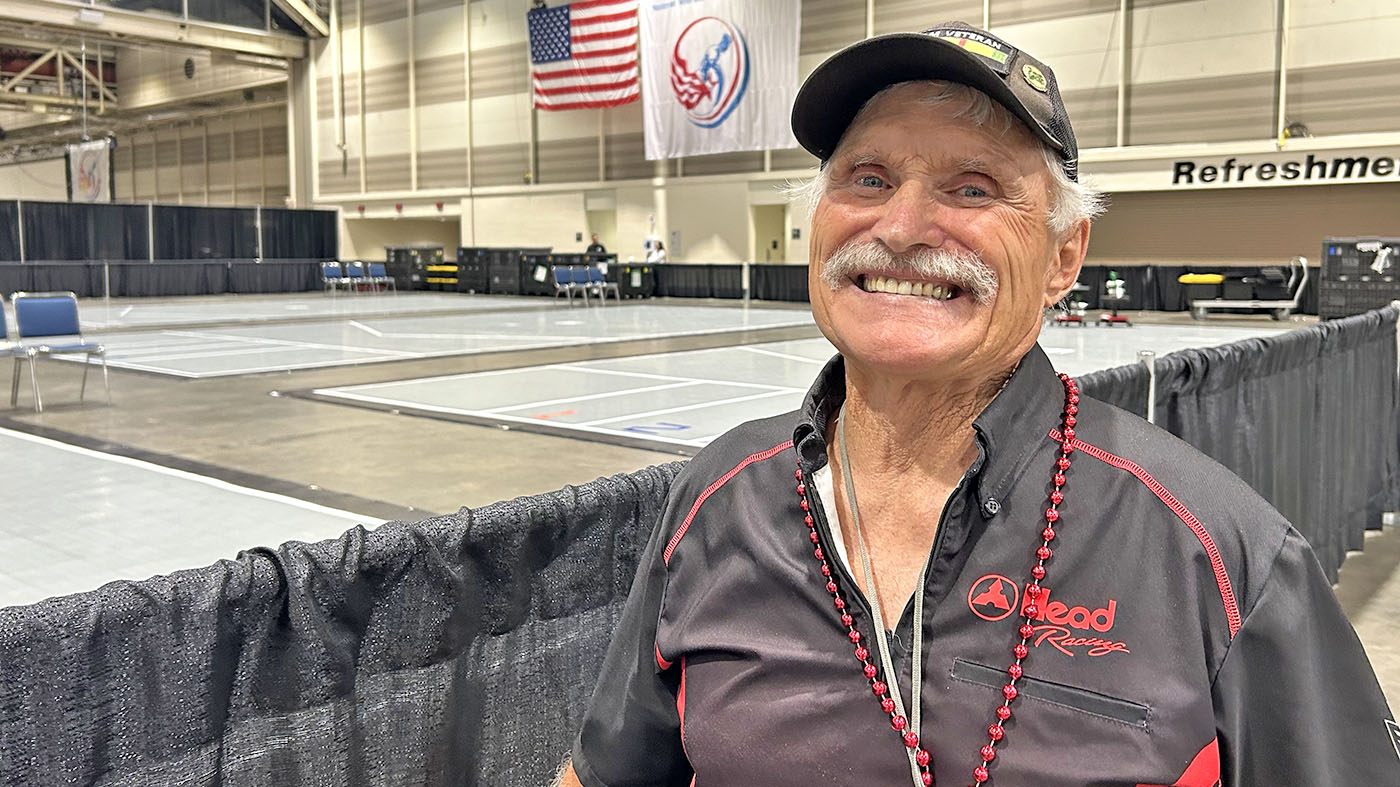Whether you provide hands-on assistance or offer emotional support to a Veteran, the care and comfort you provide matters. Being a caregiver can take a toll on your emotional and physical health too. That’s why being able to connect with peers can make all the difference.
Last year, social workers and occupational therapists from VA Boston’s Caregiver Support Program developed a virtual peer support group called the Caregiver Virtual Coffee Break Café. This group provided caregivers of Veterans enrolled in the Program of General Caregiver Support Services and the Program of Comprehensive Assistance for Family Caregivers an accessible and flexible opportunity to virtually meet other caregivers.
The peer group uses VA Video Connect, VA’s secure teleconferencing platform, to meet virtually without caregivers needing to leave the home.
The Caregiver Virtual Coffee Break Café series occurred for six consecutive weeks. It provided hour-long meetings on topics such as self-care strategies, setting boundaries and goal setting.
Peer support program had big impact
“Finding time to just attend a virtual meeting once a week, that can be a struggle for caregivers,” said Megan Dadez, a caregiver support program occupational therapist at VA Boston’s Brockton Campus. “Listening to their stories and seeing how much it meant to them, that let us know that finding this time to support them in that way, it has a bigger impact than I anticipated.”
Ronald Norman is a senior social worker in the Brockton Campus Caregiver Support Program. He created the Caregiver Virtual Coffee Break Café. Together, he and Dadez co-facilitated the sessions, prepared questions to keep the conversations flowing and provided helpful resources to attendees.
“They appreciated being able to get together, in general, but I think they also appreciated the flexibility of being able to just talk openly,” Norman said. “Instead of a monologue, it was a dialogue.”
One topic that resonated most with the caregivers in the group was the importance of setting boundaries, which can be challenging for caregivers. In future sessions, the peer group plans to discuss this topic over multiple meetings to explore how caregivers can build those skills.
“Experience really helped me.”
“I valued being able to support caregivers when they got together and shared their experiences. One would share an experience that was deep and impactful, and another caregiver would say, ‘I’m really glad you said that. That really helped me,’” said Norman. “Being able to facilitate that kind of forum, connections and that type of growth and communication is really refreshing and behind the ‘why’ of what we do.”
VA has the resources and information to help you support Veterans and manage your own thoughts and feelings. Visit www.caregiver.va.gov or explore the resources below to learn more:
- Locate your local Caregiver Support Team: www.caregiver.va.gov/support
- Caregiver Support Line: 1-855-260-3274
- Learn more about VA’s Caregiver Support Programs:
- Coaching into Care: mirecc.va.gov/coaching
- Call: 1-888-823-7458
Topics in this story
More Stories
One strategy credited for the improvement is a focus on building trust and stronger patient-provider relationships.
Army and Marine Corps Veteran started making models after being hospitalized at Connecticut VA.
Veteran Hank Ebert is a bit of a superstar in the National Veterans Wheelchair Games. He has been attending since 1993.







Being able to get the support and additional information is very much needed for myself. It can become overwhelming at times. I am looking forward to learning more about setting healthy boundaries. I’m new at this and I’ll accept all the support offered, thanks.
Thank you for sharing the facts for care givers. I have what I need at this moment, but will reach-out if additional support is needed.